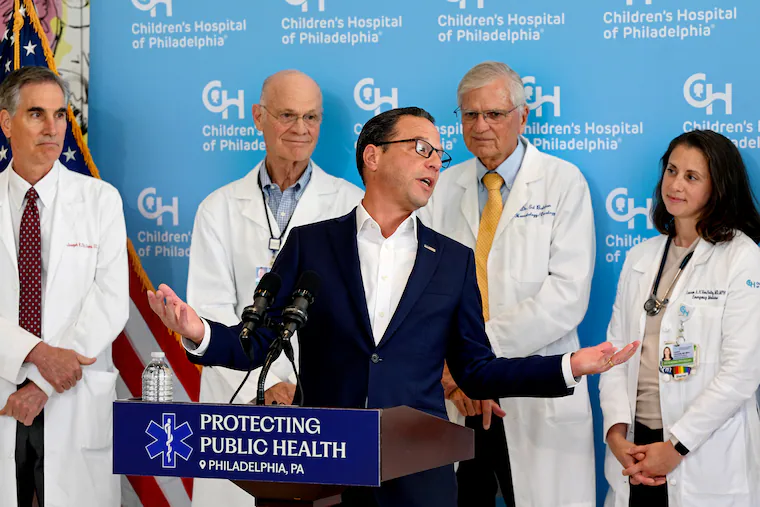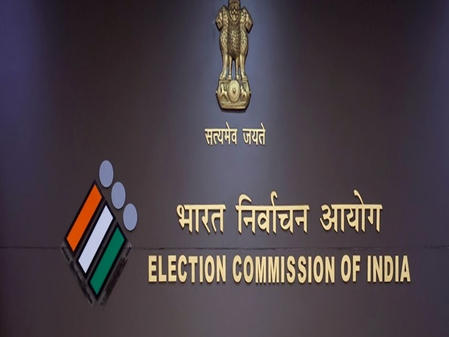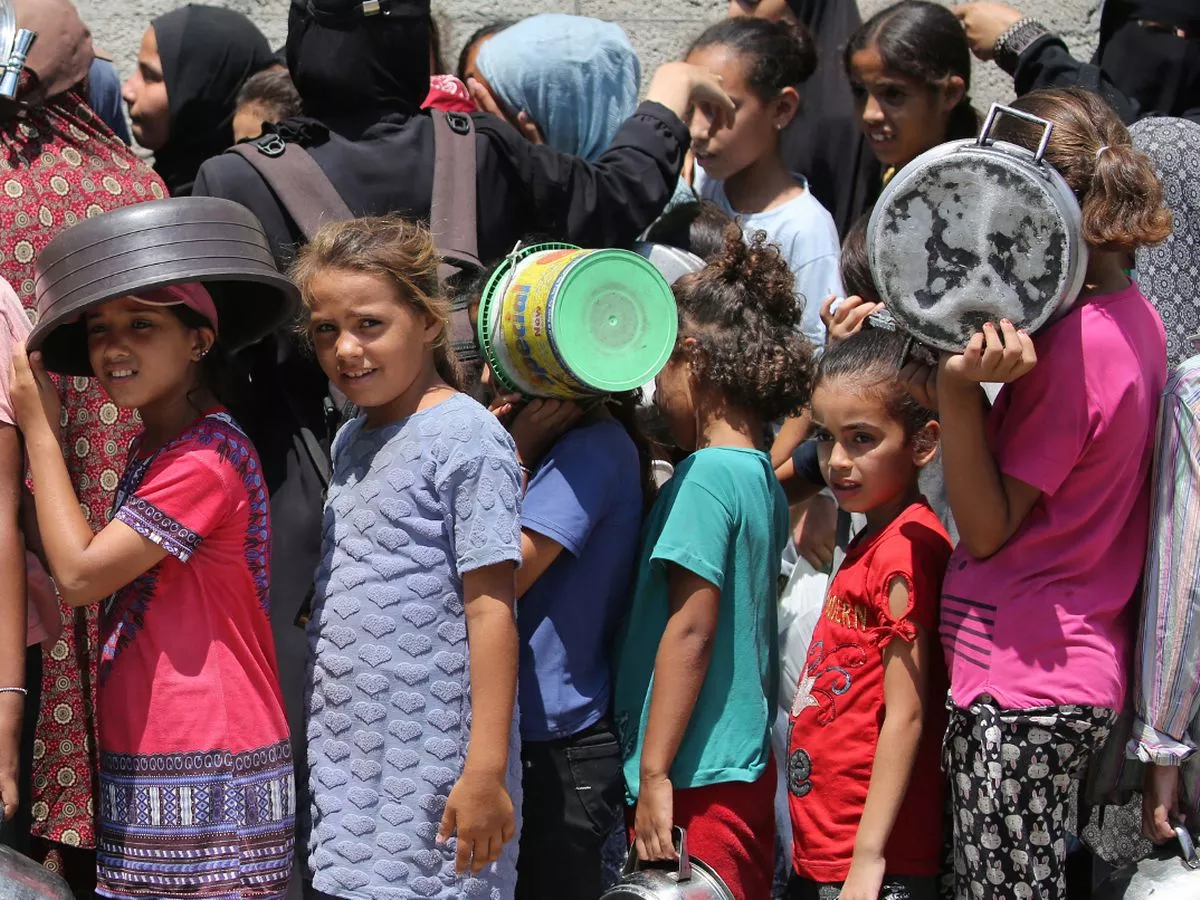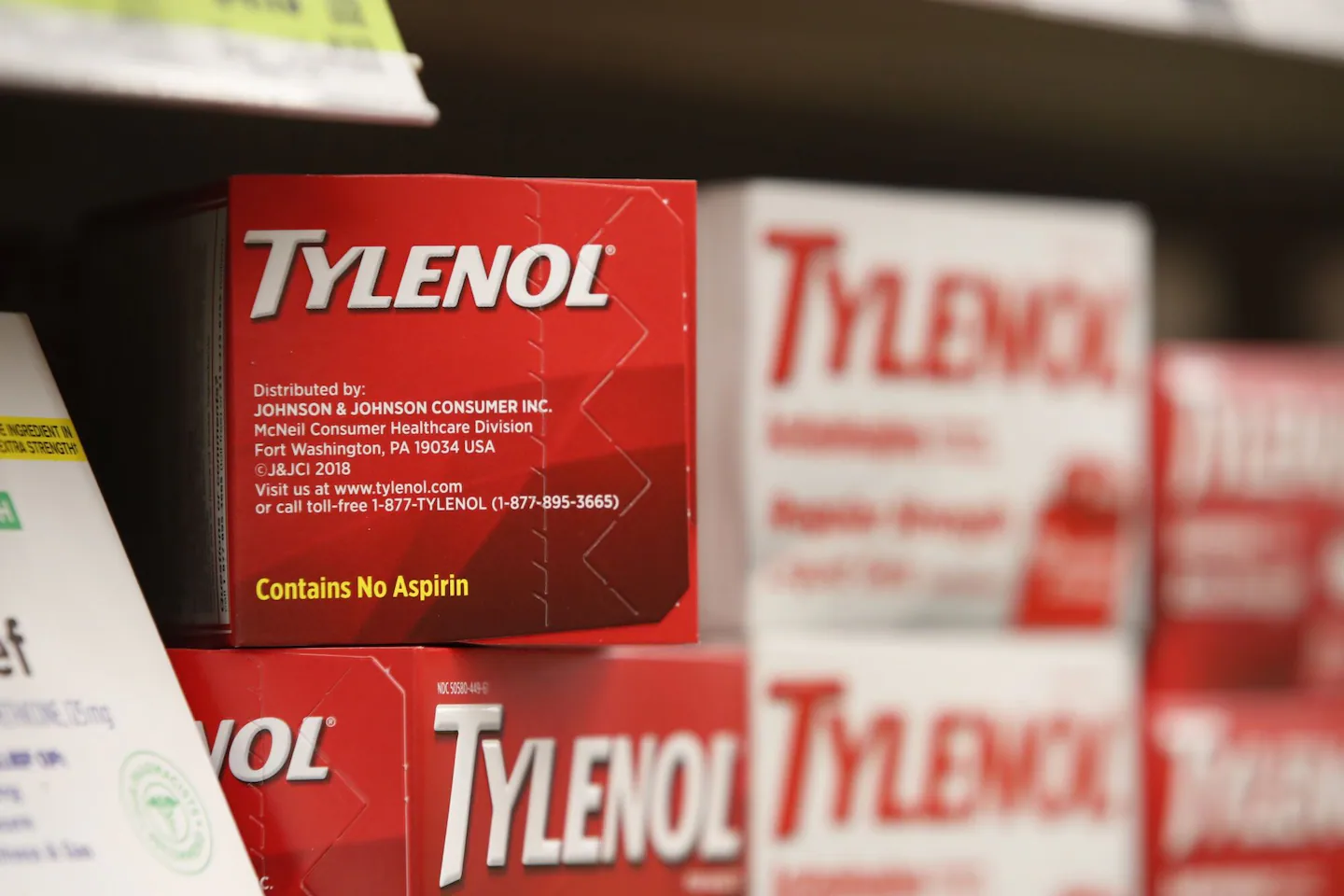
Gov. Josh Shapiro signed an executive order Wednesday aimed at protecting Pennsylvanians’ access to vaccines after recent federal policy moves raised concerns about the availability of this year’s COVID shot and the future of widely accepted childhood immunizations.
Shapiro came to Children’s Hospital of Philadelphia to sign the order that establishes a new Pennsylvania-based program to provide free vaccines to children. It is similar to the federal Vaccines for Children (VFC) program, which covers shots for children who are eligible through the Medicaid health coverage program, uninsured or underinsured — a population that includes half of American children.
The executive order also requires health insurers to cover vaccines approved by the FDA and endorsed by leading medical groups, without imposing barriers like cost-sharing.
Shapiro said private insurers have already committed to covering these vaccines “at least through the end of 2026.”
“We’re going to give Pennsylvanians the freedom to make their own informed healthcare decisions, and we expect our insurance companies to follow suit in the absence of clear and common-sense guidance at the federal level,” said Shapiro, who has been critical of recent vaccine moves by President Donald Trump’s administration.
Other Democratic-led states have similarly used executive orders to protect access to vaccines. The governor of New Jersey, Phil Murphy, signed an executive order last month that allows anyone over 6 months of age to receive the COVID-19 vaccine, while Gov. Kathy Hochul of New York signed an order declaring a statewide disaster emergency — due to “federal actions related to vaccine access” — that allows pharmacists to prescribe the vaccine themselves.
This follows recent federal actions that added restrictions on the COVID-19 vaccine and led to confusion and delays.
Under the leadership of Health Secretary and longtime anti-vaccine activist Robert F. Kennedy Jr., the Food and Drug Administration in August limited the recommended use of COVID-19 booster shots to people 65 or older and those at high risk of complications. The agency also revoked the emergency use authorization that made Pfizer’s vaccine available to healthy children under 5.
Previously, the annual COVID-19 shot was recommended for all Americans 6 months and older.
Kennedy also replaced all 17 members of the vaccine advisory body for the Centers for Disease Control and Prevention, whose guidance informs policy decisions. His replacements for the Advisory Committee on Immunization Practices included some vaccine skeptics.
The reconstituted group did not meet until mid-September, leaving pharmacists without clear guidance, Shapiro said.
“They felt that they couldn’t offer the COVID-19 vaccine to anyone,” he said.
People in Pennsylvania and across the country encountered trouble getting the COVID-19 booster, with reports of many being turned away at the pharmacy counter.
In response, Pennsylvania’s regulatory body for pharmacists earlier this month voted to allow pharmacists to follow the vaccine recommendations of professional medical societies, including the American College of Obstetricians and Gynecologists (ACOG), the American Academy of Pediatrics (AAP), and the American Academy of Family Physicians (AAFP).
Before they could only follow “treatment guidelines” from a physician and ACIP.
“As a result of our action, pharmacists in Pennsylvania can look to medical experts who actually follow science,” Shapiro said.
Kennedy has drawn wide criticism from the medical establishment for his vaccine-related actions, which he says are intended to restore public trust in health agencies and ensure vaccines meet the highest standard of safety.
New executive order
Shapiro’s executive order attempts to shield the state from shifts in vaccine policy at the federal level.
For example, the new state-level program will guarantee children who are eligible for the federal VFC program can still access recommended vaccines even if ACIP removes them from its recommended schedule.
Shapiro also directed all state agencies to ensure state policies and guidance align with recommendations from leading medical experts, including the AAP, AAFP, ACOG, and FDA. Pennsylvania’s Department of State, Department of Education, and Department of Aging will be tasked with communicating the state’s updated vaccine guidance to schools, senior centers and professional licensing boards.
“We want Pennsylvanians to have reliable evidence-based information, regardless of what happens at the federal level,” he said, adding that the state is creating an online portal where people can access information and resources regarding vaccines.
The order establishes a vaccine education work group of doctors, parents, pharmacists, public health experts, and community representatives to develop strategies for communicating information about vaccines to the public.
Shapiro said more than half of all vaccines given in the United States are manufactured in facilities in Pennsylvania. The vaccine production industry generates $4.74 billion for the state’s economy and provides 4,700 jobs.
“Our health, our safety, and our economy all depend on people having access to vaccines,” he said.
Responding to federal changes on vaccines
Recent moves at the federal level prompted Pennsylvania to join a regional health coalition, announced last month, called the Northeast Public Health Collaborative, which includes seven states and New York City. Their stated goal is to protect the health of their residents by providing science-based evidence and ensuring equitable access to vaccines and health services.
The group held its first in-person meeting in August in Rhode Island, and said it’s looking at collaborating around immunization recommendations and purchasing vaccines.
The state’s health secretary, Debra Bogen, who joined Shapiro at the signing event, said the increase in misinformation around the safety of vaccines has resulted in more parents deciding to delay or forego vaccines for their children.
That’s meant a 3% decline over the last five years in the measles, mumps, and rubella vaccination rate for children entering kindergarten in the state, with similar declines in uptake of other vaccines.
“We cannot afford to go back to the days when diseases such as diphtheria, measles and polio were common,” she said. “A clear, concise, evidence-based vaccine schedule for children has saved countless lives, both here in Pennsylvania, across the country and across the world.”
Diana Montoya-Williams, a neonatologist at CHOP who also spoke at the event, called vaccines “one of modern medicine’s greatest miracles.”
She recalled having to put infants on breathing machines in the intensive care unit because they caught diseases that could have been prevented with a vaccine.
“Those moments never leave you,” she said.
She counted down the days until she could give her own two children their first set of two-month childhood vaccines.



